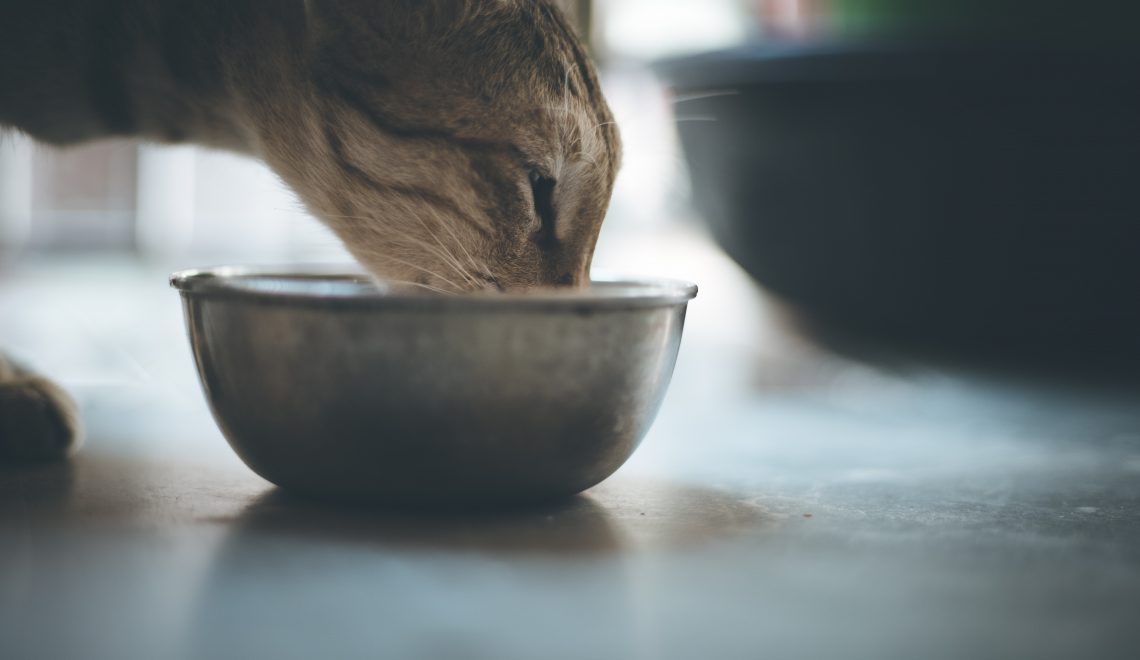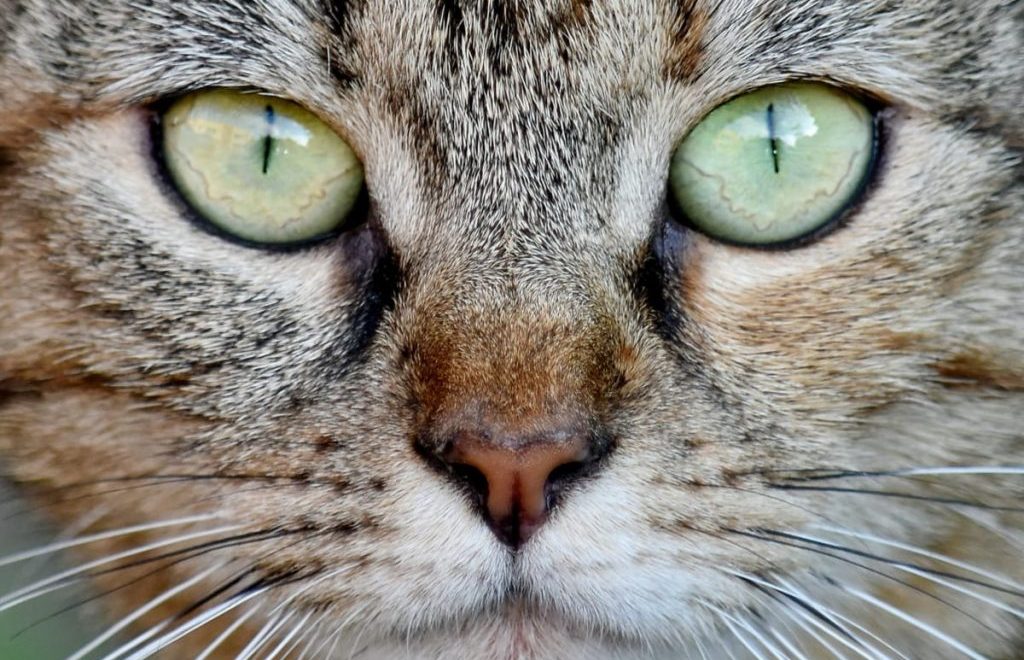5 Signs Your Cat May Have an Underlying Health Issue
Author bio: This post was submitted by Emma, a professional writer and blogger, with two furry friends and a lot of pet behavioral and pet health knowledge to share. She has written for numerous big animal magazines and health sites, and is a regular contributor to The Catington Post.
Cats’ natural self-protection instincts serve them well in the wild. But in the domesticated world? Not so much. It’s not uncommon for owners to take weeks before they notice health issues in their cat, but not out of neglect. Even the most caring owner can miss when something isn’t right. This is because cats are masters at hiding illness.
When animals get sick in the wild, they get eaten. Domesticated cats have managed to keep their natural instinct to hide their illness, even in single pet households. As your feline friend’s responsible owner, it’s vital to know what signs to look out for and catch early symptoms before they get serious.
Photo by Ludemeula Fernandes on Unsplash
1. Change in appetite
It can be normal for your cat to skip the occasional meal, but it can still be an early signal of ill health. If you’ve noticed your cat showing less interest in their food, it could indicate tooth pain or oral infection that makes chewing painful. If your cat stops eating entirely, call your vet. Loss of appetite in cats can lead to an array of serious health problems, including fatty liver and kidney disease.
Increased appetite is also a concern, especially in older cats. If your cat is always hungry, it could be a sign of hypothyroidism. The disease is caused by an enlarged thyroid gland in the neck, triggering an increase in the production of thyroid hormones. Although treatment is easy, hyperthyroidism can lead to multiple life-threatening problems when left alone, including a severe condition known as thyroid storm.
2. Bad Breath
If you’ve noticed a foul odor radiating from your cat’s mouth, they could have tooth decay or gum disease. While most pet owners brush their teeth every day, an astonishing 73% of cat owners never brush their cats’ teeth. Imagine if you didn’t brush your teeth for years on end, and that’s your cat’s mouth.
To prevent oral infections, it’s recommended you brush your cat’s teeth every day. It’s the most effective and allows you to establish a routine. Understandably, not everyone has the schedule for this, in which case three times a week will be helpful. Additionally, call your vet if their breath smells like ammonia. It could be a sign of kidney disease.
3. Weight Loss or Gain
Sudden loss of weight in your pet can be a symptom of thyroid disease or even worse, cancer. Weight gain can cause serious health problems such as pyometra – a life-threatening condition where the uterus fills with pus. If nothing else, obesity is a problem by itself and can lead to tumors, arthritis, and a shorter lifespan.
4. Change in Grooming
A cat incessantly licking its coat is often the first indicator of fleas, ticks, and mites. Be sure to check your kitty’s fur regularly for parasites, and speak to a vet for advice on the best course of treatment. Overgrooming can also be behavioral, and cats often groom themselves excessively when they’re stressed. The biggest cause of stress for a cat is other cats on their territory. Some other events that may cause this include moving home, new furniture, or a new occupant.
Meanwhile, under-grooming can be a sign of illness. Sick cats may stop taking care of themselves if they’re too uncomfortable to do so, or lacking in energy. When they stop grooming, their coat can become dull, oily, and matted.
5. Problems With Eyes and Ears
A healthy cat will have bright, clear eyes. If your kitty’s eyes look cloudy or their pupils aren’t matching in size, your cat could be sick. Discharge can indicate common issues, such as corneal damage, cataracts, and glaucoma. Additionally, don’t forget to check the ears! Ear debris or discharge likely means an ear infection or parasites, such as ear mites. Failure to catch ear problems early can cause infection to spread to the eardrum.
Preventing Illness in Cats
Annual check-ups are the most effective way you can help your cat. Many owners rarely take their cat to the vet, and some go without a check-up for years. This is usually with the best of intentions. Owners may not want to put their fur babies through the stress. Yet, annual check-ups will save time, money, and potential pain. Regular check-ups mean your vet can more easily spot problems and treat them at their earliest stages. An early diagnosis often means a simple treatment, so both your cat and your wallet will thank you.
At home, be sure to keep your cat healthy as possible by feeding them healthy meals. Cats need lots of animal-based protein, and most vets recommend foods high in protein and low in carbohydrates. Additionally, be sure to regularly check your kitty’s coat for fleas – the armpits and groin are two places parasites love to live.
Cats have an independent nature, a trait that’s appealing to those looking for a relatively low-maintenance companion. Ironically, this is why they need us to keep an eye on them.
You want the best for your fur baby, so if you suspect your cat is sick – call your vet immediately.








![Dj Scratch mixing some beats. 🎧 🎶 #Mewsic #KitNipBox
[via Instagram | @dharmacatnitiative]](https://www.kitnipbox.com/meow/wp-content/plugins/instagram-feed/img/placeholder.png)